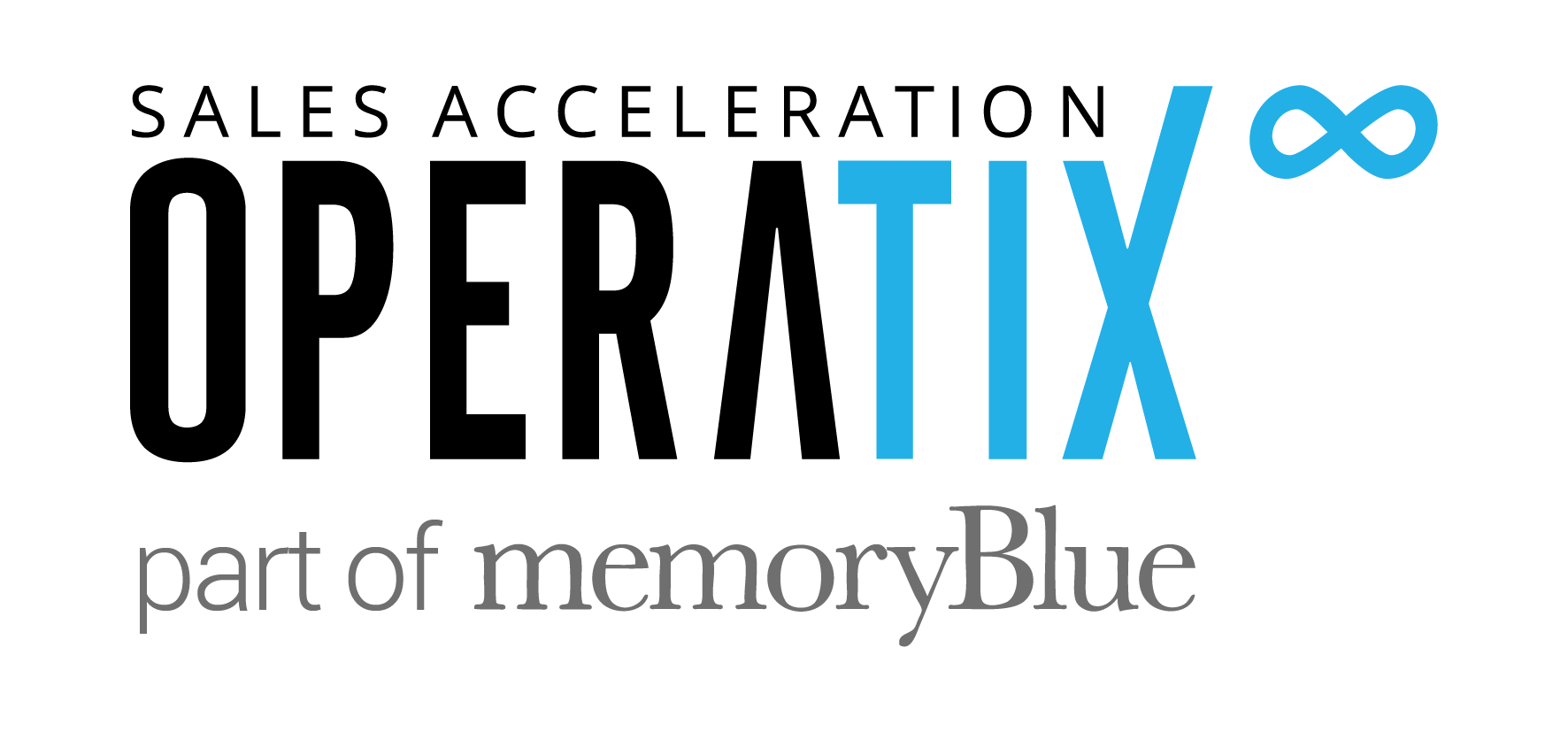Communities get built when they are run by the community and not by a figurehead.
People within a community start to lead conversations, and the community’s power widens and deepens.
Sangram Vajre, co-founder and Chief Evangelist at Terminus and the author of Account Based Marketing for Dummies, built a community of 10,000 people through the #FlipMyFunnel conference, a daily podcast, a blog, and a website. Sangram joined the B2B Revenue Acceleration show as a guest to talk about the power of business communities.
Motivations for Creating a Business Community
“I didn’t think of building a community,” Sangram told us, “that wasn’t a goal.”
Initially, Sangram and his co-founders just wanted people to come together to talk about account-based marketing (ABM) and problems in the industry. But none of the analysts were talking about that, and Sangram and his colleagues were just three first-time founders who hadn’t raised a lot of money.
How could they get people talking about ABM when even the analysts weren’t leading the conversation?
It was time to make noise


Until we make the masses believe in it (ABM) and talk about it. Nobody’s going to pay attention to it.
Sangram Vajre
That was what started #FlipMyFunnel.
Sitting on a flight in the middle seat, Sangram sketched a funnel and flipped it, which produced a whole new way of looking at sales and marketing. By the time he landed, a powerful business community had been born.
The original idea was to spark conversation on the topics the team cared about.
Sangram started by creating a blog and launching it. So many people told him what a great idea it was, that he put an event together. Within a month of hosting the first conference, Terminus’ had gone from 10 customers to 50. Their every major competitor was sponsoring #FlipMyFunnel, and they knew the community had to keep going.
It turned out to be the first of many #FlipMyFunnel conferences, but you can’t do a conference every day, week, or month. Sangram had to discover how a powerful business community develops organically..
What’s the Most Powerful Platform in the Community?
The event is the most powerful.


There is nothing better than when you have two people connecting at an event, and you build relationships. And you now meet people you had just seen online. Now all of a sudden, you are best friends.
Sangram Vajre
At the last #FlipMyFunnel conference in Boston, more than 1,000 people attended and the energy felt incredible.
Events are fun, but they are limited by time and geography.
“That’s why we started FlipMyFunnel.org, which is an online community that lets people communicate back and forth,” Sangram told us.
It didn’t take long to see that this community was composed of people who were doing incredible things.
Why not start a podcast? Sangram thought. That’s an amazing way for people to absorb content. And the daily show #FlipMyFunnel was born. Now, Sangram uploads the podcasts to the LinkedIn platform where they generate a lot of engagement.
In short, it’s not really one strategy or another that builds a community. All these feed each other.
“What I love the most though is seeing people face-to-face and seeing their faces light up when they meet someone they’ve been wanting to connect with,” Sangram said.
Managing any community, however, takes work. What’s the frequency that keeps people engaged without burning them out?
“People are going to engage on the things they like,” Sangram said. “For example, emails. We do not send more than one every two weeks because we know everyone gets tons of emails.”
Podcasts, though, are easy, and there’s no pushing content. People can pick up the conversation on their commute or when they’re at the gym.
And then there are the online discussions.
“We add one conversation a week on FlipMyFunnel.org,” Sangram told us.”We want to recognize that people have real jobs.” At the same time, if someone wants to consume or contribute to conversations, the #FlipMyFunnel team wants to make sure they have those options.
In fact, 99% of the conversations on the podcasts are interviews with listeners in the marketplace who are doing, learning, finding, challenging. That way, the #FlipMyFunnel team knows they are touching topics people care about in enriching and insightful ways.
How Does a Community Generate Business?
“It’s hard to look at it that way,” Sangram said.
But you can take a step back and look at categories. Every single category leader out there in the marketplace has a community. Salesforce and Hubspot, for example, didn’t create communities only for themselves but for everyone interested in the same things they are.
“We have to be honest not to use the community as a bait for ourselves,” Sangram said. “The community allows us to create additives in the marketplace. It helps us, but every category leader in the marketplace is led by the community, not by products.”
After all, someone else always can build a better product, but the community lets you own the market and additive. Once you own the market and additive, you have an opportunity to win because you enjoy bigger brand awareness and brand recognition.
It’s been remarkable for Terminus because nearly every competitor is a sponsor of #FlipMyFunnel. “We made it an industry conference so everyone who wants to learn about ABM can come to the conference,” Sangram said. “We didn’t exclude anybody. It’s allowed us to own the additive from the top and build the community from the bottom.”
By one easy measure, however, Terminus can calculate the power of a business community on the bottom line. Community members spend two times more and stay four times longer than other customers.
This post is based on a B2B Revenue Acceleration podcast with Sangram Vajre. To hear this episode, and many more like it, you can subscribe to The B2B Revenue Acceleration Podcast.
If you don’t use iTunes, you can listen to every episode here.




